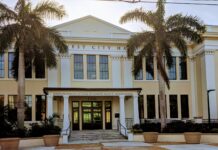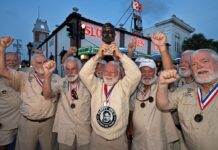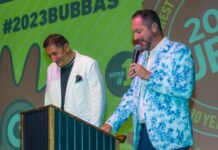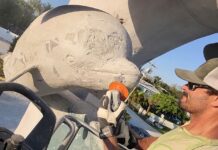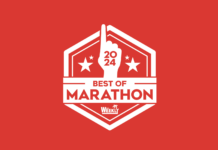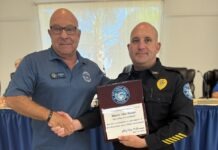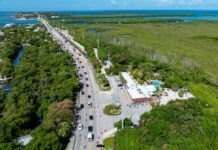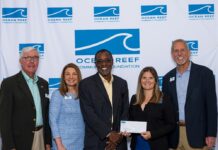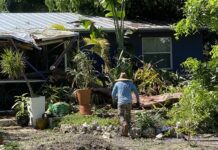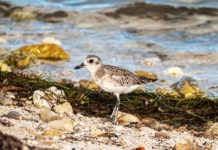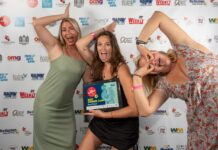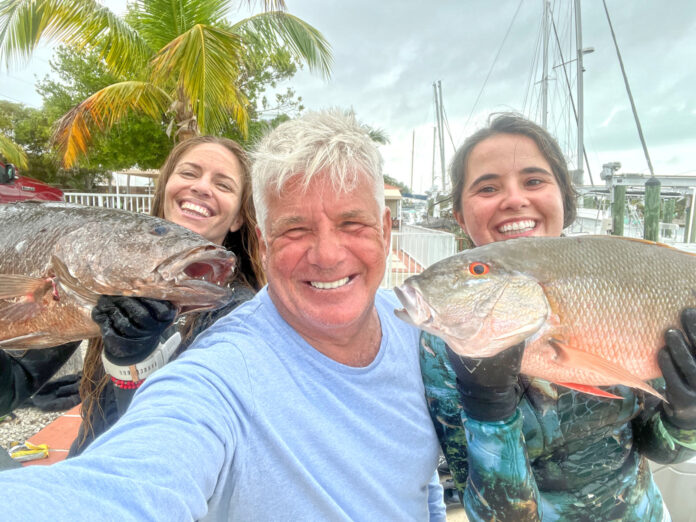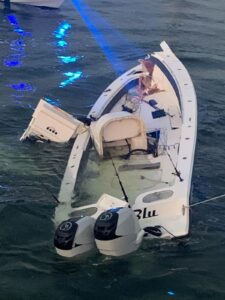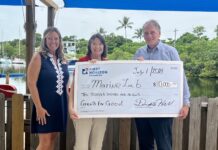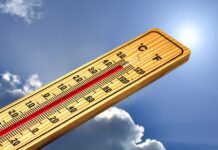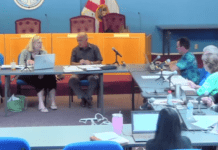Catherine “Cathy” Guinovart’s infectious joy and enthusiasm for life are betrayed by her ever-present smile. The 28-year-old was born and raised in Key Largo, where she still lives.
Guinovart recalls the moment her life changed.
“I was in the seventh grade, and they called me into the principal’s office. They told me, if I followed simple rules, I’d be able to go to college,” she said. “I never imagined that.”
For over 20 years, the Take Stock in Children scholarship program, in which Guinovart participated, has aligned mentorship and college/career readiness with a Florida Prepaid tuition scholarship for four years of college, university or technical schooling. Scholars meet weekly with a volunteer mentor during the school year, participate in college/career readiness workshops and receive regular educational/career coaching from a Take Stock college success coach. Families must meet income requirements in order for their students to apply.
“I got to go to Costa Rica with Experiment in International Living and to California for LEAP. They brought us to colleges, gave us SAT tutors and challenged us to strive and grow. Then, they paid for me to go FIU, which changed my whole life,” she said. “And, here I am.”
Guinovart also received scholarships from the Commercial Fishing Association and Rotary Club. From there, “a snowball of opportunities” came from the community, she said. “Students like me, growing up in Newport Village (government housing in Key Largo), don’t normally get chances like these. It led me to want to give back through the work I did with FIU and the work I now do in Mexico.” Guinovart is currently pursuing a doctorate at her alma mater to rethink how we teach and learn science: can we do it in a way that is culturally relevant? Her project focuses on Mayan communities in Quintana Roo, Mexico.
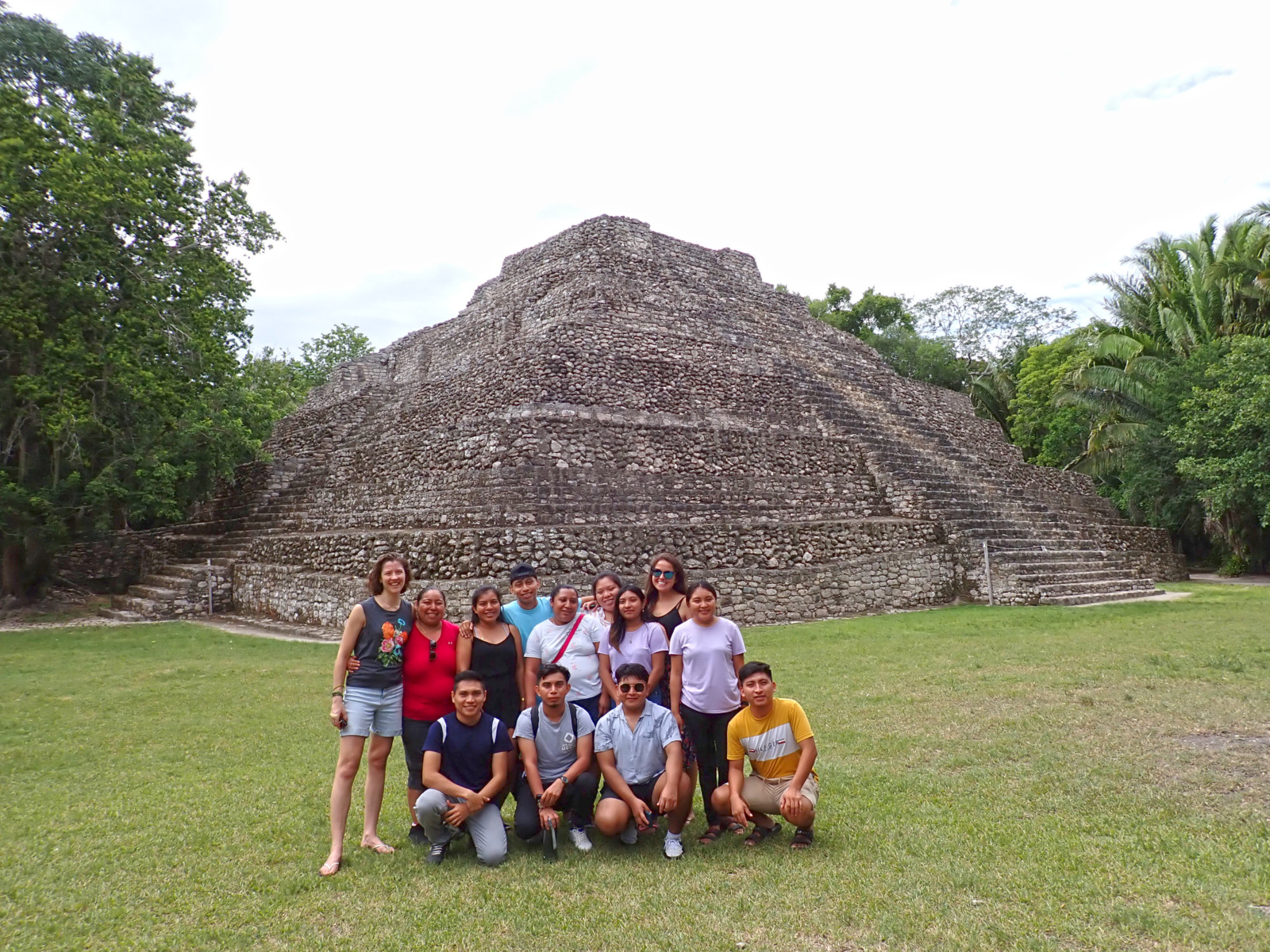
“My goal is to study how learning biology that is aligned with the language you speak growing up affects your relationship with culture and science itself,” she said. She interviewed primary school kids, as well as their teachers, parents and grandparents, to ascertain what matters to their community when they learn about a place. She incorporates these values into her curriculum in Yucatec Maya, the indigenous language still spoken on the Yucatán Peninsula. Her ultimate goal is to foster more complete, holistic understanding of places. This is deeply influenced by her life in the Keys.
“My dad is a commercial spearfisherman,” she explained. “He spearfishes to put food on the table. He’s always done that. … I grew up going out on the boat with him every weekend; it was my favorite thing to do, and it structured how I appreciate the ocean.” With a huge grin, she admitted it’s still her favorite thing to do.
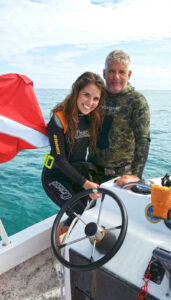
In designing her program, she thought about how the knowledge that people like her dad, who work on the ocean every day, hold isn’t accounted for in marine science. “We need to learn from them, too, so that those two worlds — environmental science and the rest of the world — can connect.”
As far as what’s next, Guinovart said, “Honestly, I never want to leave the Keys, but I am getting ready to move to Hawaii.” Those islands, she noted, are similar to ours in how people care about the place and each other — in how they’re connected to their place.
“I’m excited to see what I can do to support people there with the work I am doing in culturally relevant biology,” she said. “I’ll be there maybe three years, but I will be back. This is home. It’s always going to be home.”
